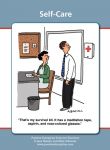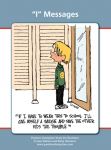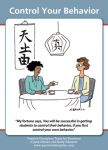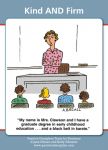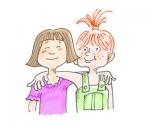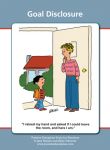
Goal disclosure can be a powerful tool. When the teacher’s empathy is genuine, the student experiences a connection with the teacher that is deeply caring. Goal disclosure will help you better understand your student, and your student will gain valuable insights about his or her deeper needs and motivations.

